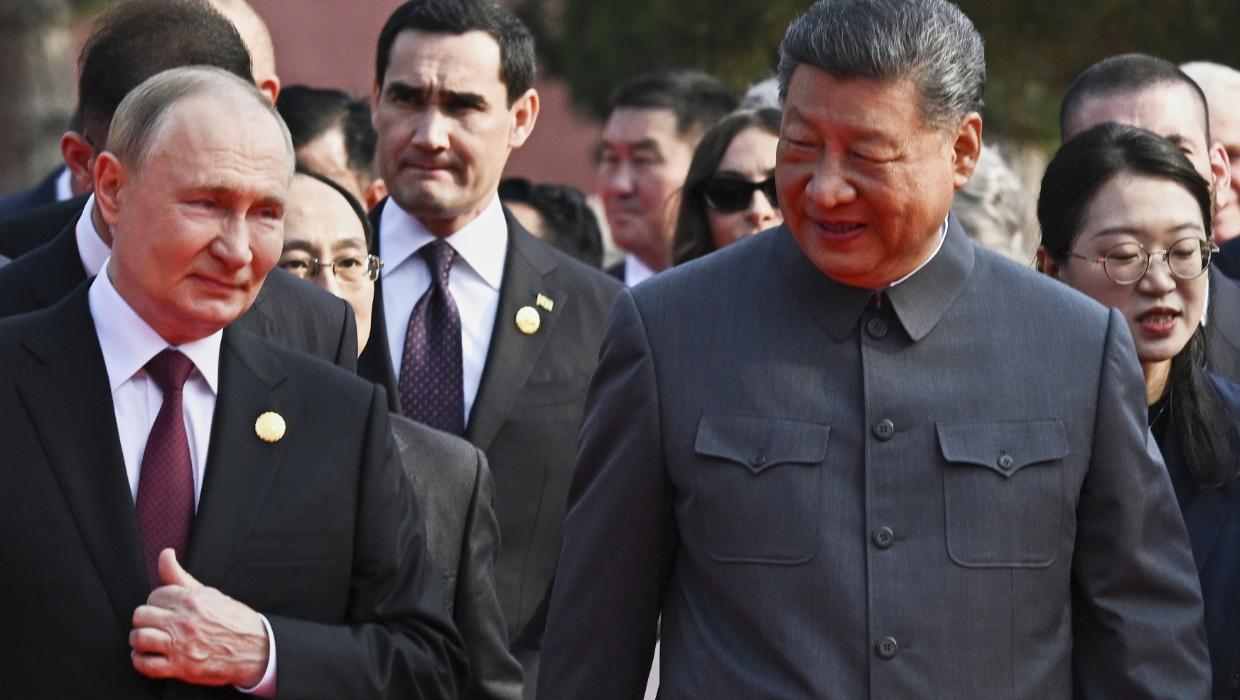Science
Kiwis Bet NZ$1.7 Billion on Human Lifespan Reaching 150 Years

A staggering wager of NZ$1.7 billion reflects global interest in the potential for humans to reach the age of 150. This bet, placed among various stakeholders, highlights both optimism and caution regarding advancements in medical science, particularly in the field of organ transplantation.
Medical Breakthroughs and Limitations
Significant advancements in medicine have transformed organ and tissue transplantation over the past few decades. Surgeons now routinely perform complex procedures, successfully transplanting organs such as hearts, kidneys, and livers. Yet, despite these remarkable achievements, the human brain remains a critical exception.
The complexities of brain transplantation pose unique challenges that scientists and medical professionals continue to grapple with. Although the idea of transplanting brain tissues is theoretically appealing, the reality involves intricate ethical, technical, and biological hurdles. As researchers push the boundaries of what is possible, the prospect of extending human life significantly hinges not only on organ viability but also on addressing the intricacies of brain health and function.
The Bet and Its Implications
The NZ$1.7 billion wager serves as a barometer for public sentiment regarding longevity and the potential for life extension. As the global population ages, interest in lifespan extension technologies and therapies has surged. Investors and researchers are keenly observing developments in genetic engineering, regenerative medicine, and advanced therapies that could influence longevity.
Some industry experts argue that the focus should not solely be on extending lifespan but also on improving the quality of life for older individuals. As the medical community continues to innovate, the potential to enhance both the length and quality of life remains a critical conversation point.
This unprecedented bet underscores a broader societal fascination with life expectancy and the implications of living much longer than previous generations. The outcome of this wager may not only shape future investments in medical research but also provoke discussions about aging, health policies, and ethical considerations surrounding human life.
As the world watches, the stakes are high—not just in terms of financial investment but also regarding the future of human health and longevity. The intersection of medical science and societal expectations is a dynamic field, one that could redefine what it means to live a long and healthy life in the years to come.
-

 World2 weeks ago
World2 weeks agoPrivate Funeral Held for Dean Field and His Three Children
-

 Top Stories2 weeks ago
Top Stories2 weeks agoFuneral Planned for Field Siblings After Tragic House Fire
-

 Sports3 months ago
Sports3 months agoNetball New Zealand Stands Down Dame Noeline Taurua for Series
-

 Entertainment3 months ago
Entertainment3 months agoTributes Pour In for Lachlan Rofe, Reality Star, Dead at 47
-

 Entertainment2 months ago
Entertainment2 months agoNew ‘Maverick’ Chaser Joins Beat the Chasers Season Finale
-

 Sports3 months ago
Sports3 months agoSilver Ferns Legend Laura Langman Criticizes Team’s Attitude
-

 Sports1 month ago
Sports1 month agoEli Katoa Rushed to Hospital After Sideline Incident During Match
-

 World3 weeks ago
World3 weeks agoInvestigation Underway in Tragic Sanson House Fire Involving Family
-

 Politics2 months ago
Politics2 months agoNetball NZ Calls for Respect Amid Dame Taurua’s Standoff
-

 Top Stories2 weeks ago
Top Stories2 weeks agoShock and Grief Follow Tragic Family Deaths in New Zealand
-

 Entertainment3 months ago
Entertainment3 months agoKhloe Kardashian Embraces Innovative Stem Cell Therapy in Mexico
-

 World4 months ago
World4 months agoPolice Arrest Multiple Individuals During Funeral for Zain Taikato-Fox




















